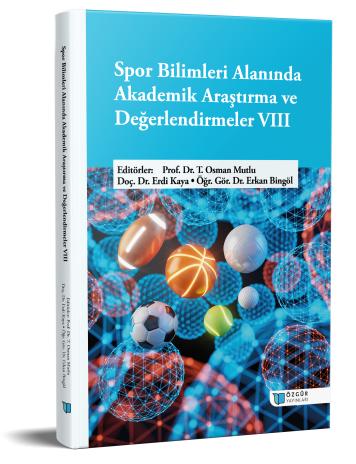
Performance Anxiety and Stress Management in E-Sports
Chapter from the book:
Mutlu,
T.
O.
&
Kaya,
E.
&
Bingöl,
E.
(eds.)
2024.
Academic Research and Evaluations in the Field of Sports Sciences VIII.
Synopsis
Sports performance is directly linked not only to physical fitness but also to the psychological state of athletes. Both in traditional sports and e-sports, anxiety, stress, and performance have a significant impact. Cognitive anxiety is common in competitive sports and can directly affect performance. Anxiety levels vary depending on coping strategies and tension levels. Techniques such as concentration, mental preparation, and anxiety reduction can help reduce performance anxiety and enhance success. In e-sports, higher anxiety levels may be observed due to individual focus and limited team training. E-sport athletes, who compete based on individual skills, may experience higher anxiety levels compared to traditional athletes, which can negatively impact cognitive and physical functionality. Stress management in both traditional sports and e-sports can have positive effects on psychological resilience and performance. Effective stress management strategies include relaxation techniques, cognitive-behavioral strategies, and social support. Relaxation techniques can reduce the physiological effects of stress, while cognitive-behavioral strategies can assist athletes in managing anxiety. Additionally, social support and emotional intelligence play crucial roles in coping with stress. In e-sports, factors such as mental resilience, emotional intelligence, and social support are essential for stress management. Enhancing resilience requires a multidisciplinary approach that takes individual differences and stress factors into account.

